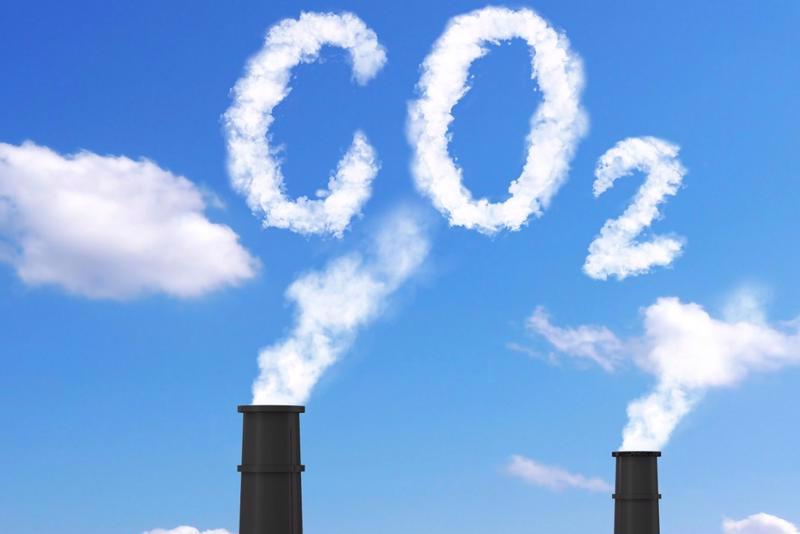Vietnam targets to cut 11.2 million tons of C02 equivalent emissions by 2045 as part of its plan to effectively manage and gradually eliminate substances that deplete the ozone layer and cause the greenhouse effect in line with the Montreal Protocol.
Under a national plan on the management and elimination of substances that deplete the ozone layer, approved by Deputy Prime Minister Tran Hong Ha on June 11, Vietnam will accelerate the transition to technologies that utilise substances with low or zero global warming potential, and take sustainable cooling solutions.
Ozone depleting substances (ODS) include chlorofluorocarbons (CFCs), hydrochlorofluorocarbons (HCFCs), halons, methyl bromide, carbon tetrachloride, hydrobromofluorocarbons, chlorobromomethane, and methyl chloroform.
Regarding the management and elimination of controlled substances, Vietnam will carry out its commitment on being free of products that contain or are made from bromochloromethane, carbon tetrachloride (CTC), CFC, Halon, HBFC, methyl chloroform, HCFC 141b, and will not import other HCFCs from 2040.
As planned, it will cut the consumption of hydrofluorocarbons (HFC)s, and phase down the substance’s consumption to 20% from 2045.
Concerning the recycle of controlled substances, they will be collected, kept, transported and recycled in accordance with technical requirements. Meanwhile, mechanisms on carbon credit generation from recycling and treatment of the substances will be popularised.
Under the plan, sustainable cooling solutions will be integrated into the national- and provincial- levels urban area development programs, action plans in response to climate change, and relevant planning.
The plan sets some key tasks to achieve these targets, including building and completion of mechanisms and policies, promotion of scientific research, development of technologies, training and improvement of human resources quality, and enhancement of bilateral and multilateral cooperation in the field.
Vietnam ratified the Montreal Protocol on Substances that Deplete the Ozone Layer in 1994.









 Google translate
Google translate